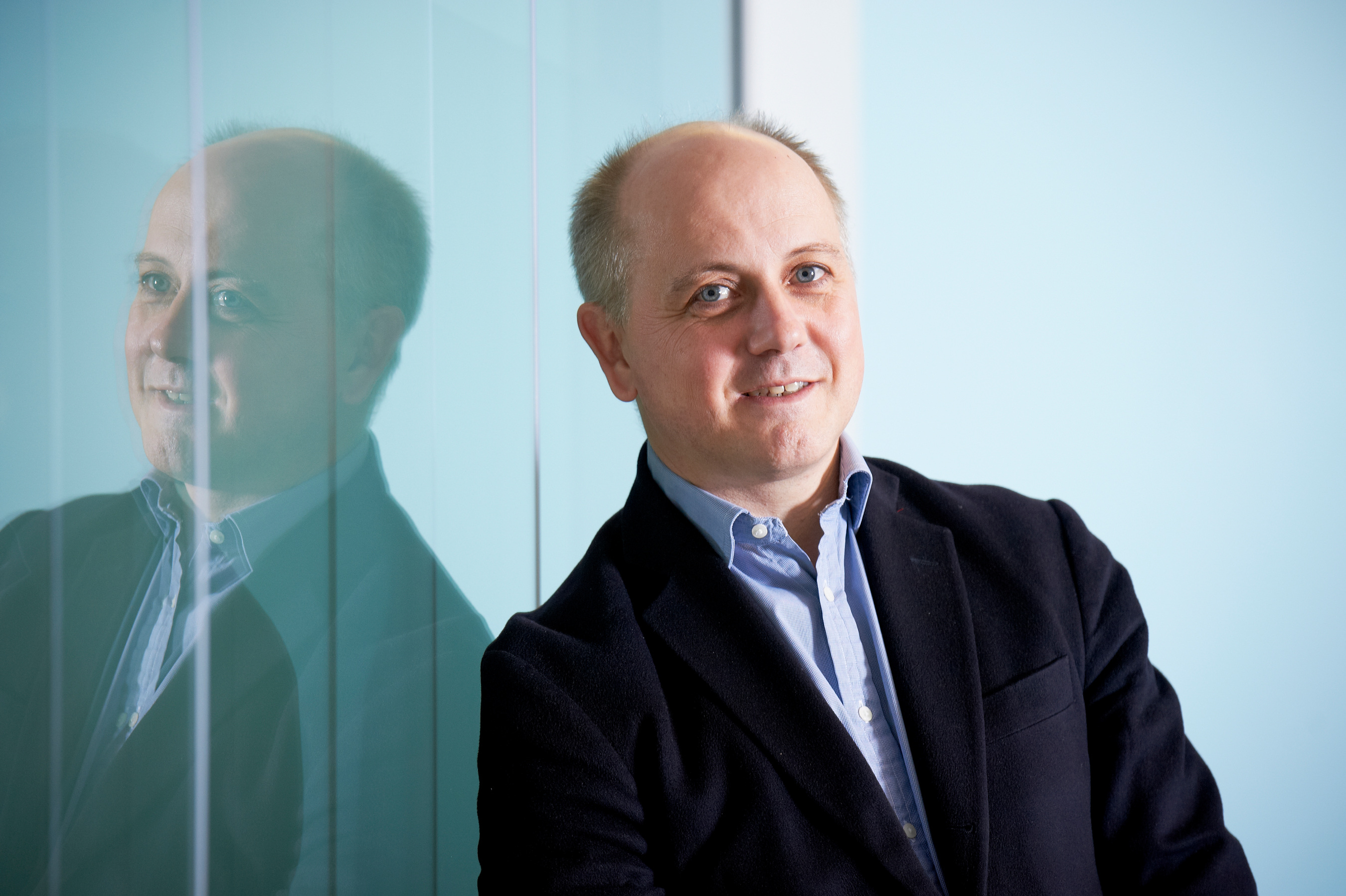NHS boss claims patient data collection is 'morally right'
Tim Kelsey warns of huge gaps in NHS knowledge if patient data is not collected

Collecting patient data is a moral requirement, the man in charge of the NHS's controversial care.data scheme claimed today.
Tim Kelsey, national director for patients and information at NHS England, warned that collecting and storing patients' medical records was the only way to fill huge gaps in NHS knowledge.
He said: "There are gaps so big, so dangerous, that they just have to be filled from a moral as well as a political perspective. We're going to be doing that this year.
"The NHS is not capable currently of telling you how many patients are treated for chemotherapy, for example. And certainly not capable of telling you that if they are treated, [then] what is their outcome."
Speaking at WANdisco's Big Data Breakfast event in London earlier today, Kelsey also admitted that public concern over the privacy of their data under the care.data scheme was legitimate.
Care.data would see people's health records connected to the Health and Social Care Information Centre, allowing for information to be shared between GP surgeries as well as hospitals.
The roll out of the 50 million scheme was meant to start in April 2014, but was postponed for six months due to a lack of proper public consultation.
Get the ITPro daily newsletter
Sign up today and you will receive a free copy of our Future Focus 2025 report - the leading guidance on AI, cybersecurity and other IT challenges as per 700+ senior executives
A report released last month by All Party Parliamentary Group for Patient and Public Involvement in Health and Social Care added that concerns remain over the collection of private information.
It read: "Patients and the public are broadly supportive of the principle of using health data for research that is in the public interest.
"However, many people still have deep concerns about the programme and are worried about how their personal data will be used."
Today Kelsey said the scheme, due to be trialled in GP practices this year, was starting afresh, despite delays in naming the surgeries and GPs set to take part in the trials.
He said: "Care.data seemed like it was a failure last year when we had to bring it to a halt because of the media campaign, and I think legitimate public concerns... in relation to people's privacy.
"Care.data is starting again now - there's some pathfinder localities that are going to be beginning to work with local communities on extracting data, linking GP data with hospital data, building new ways we can analyse the pathway of care a patient has travelled down."
The Independent Information Governance Oversight Panel (IIGOP) published a report examining if health and social care bodies were protecting personal data properly, after laying out 26 recommendations at the start of 2014 to improve data sharing.
The report found organisations were only making good progress on six points. Its conclusion was: "The report card at the end of the first year after the Government's acceptance of the recommendations reads: "Must try harder."
"It is now time for the health and care system to increase the pace of efforts to get information governance right."
-
 Westcon-Comstor and Vectra AI launch brace of new channel initiatives
Westcon-Comstor and Vectra AI launch brace of new channel initiativesNews Westcon-Comstor and Vectra AI have announced the launch of two new channel growth initiatives focused on the managed security service provider (MSSP) space and AWS Marketplace.
By Daniel Todd Published
-
 Third time lucky? Microsoft finally begins roll-out of controversial Recall feature
Third time lucky? Microsoft finally begins roll-out of controversial Recall featureNews The Windows Recall feature has been plagued by setbacks and backlash from security professionals
By Emma Woollacott Published
-
 TikTok to open first European data centre in Ireland
TikTok to open first European data centre in IrelandNews The move could signify a desire to shift its operations away from the US as well as secure its position in the European market
By Sabina Weston Published
-
MPs in a muddle over GDPR and storing voters' personal data
News Labour MP Chris Bryant says his staff were told to delete constituents' data
By Bobby Hellard Published
-
 Trump resort will not be charged for breaching data laws
Trump resort will not be charged for breaching data lawsNews Presidential hopeful's Scottish golf course failed to register under the Data Protection Act for four years
By Adam Shepherd Published
-
 Banks urged to share data but warned over security
Banks urged to share data but warned over securityNews Experts voice concern over security of open API recommendations
By Rene Millman Published
-
 EU centralises European open data through one portal
EU centralises European open data through one portalNews Open Data Portal will enable public sector bodies to share information
By Rene Millman Published
-
 Experts question sheer scale of data storage required by Snooper's Charter
Experts question sheer scale of data storage required by Snooper's CharterNews Who will foot bill for physical infrastructure to house UK's browsing histories?
By Jane McCallion Published
-
 Snapchat's T&Cs update could put user data at risk
Snapchat's T&Cs update could put user data at riskNews Kaspersky said giving the service permission to share pictures with third parties could lead to a serious breach of privacy
By Clare Hopping Published
-
 Transport Systems Catapult launches data sources catalogue
Transport Systems Catapult launches data sources catalogueNews Intelligent Mobility Data Index could push forward smart transport innovation in the UK
By Caroline Preece Published